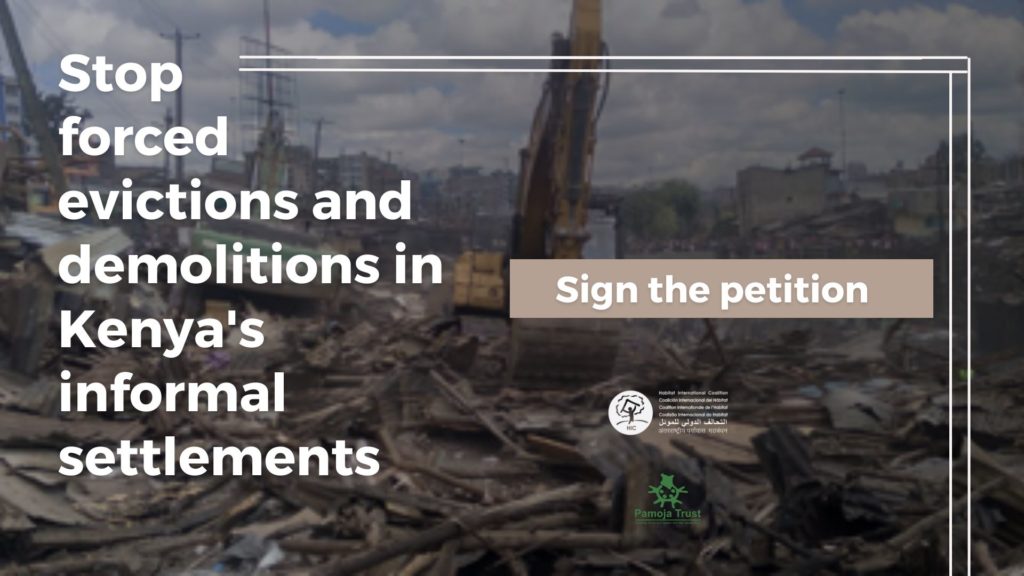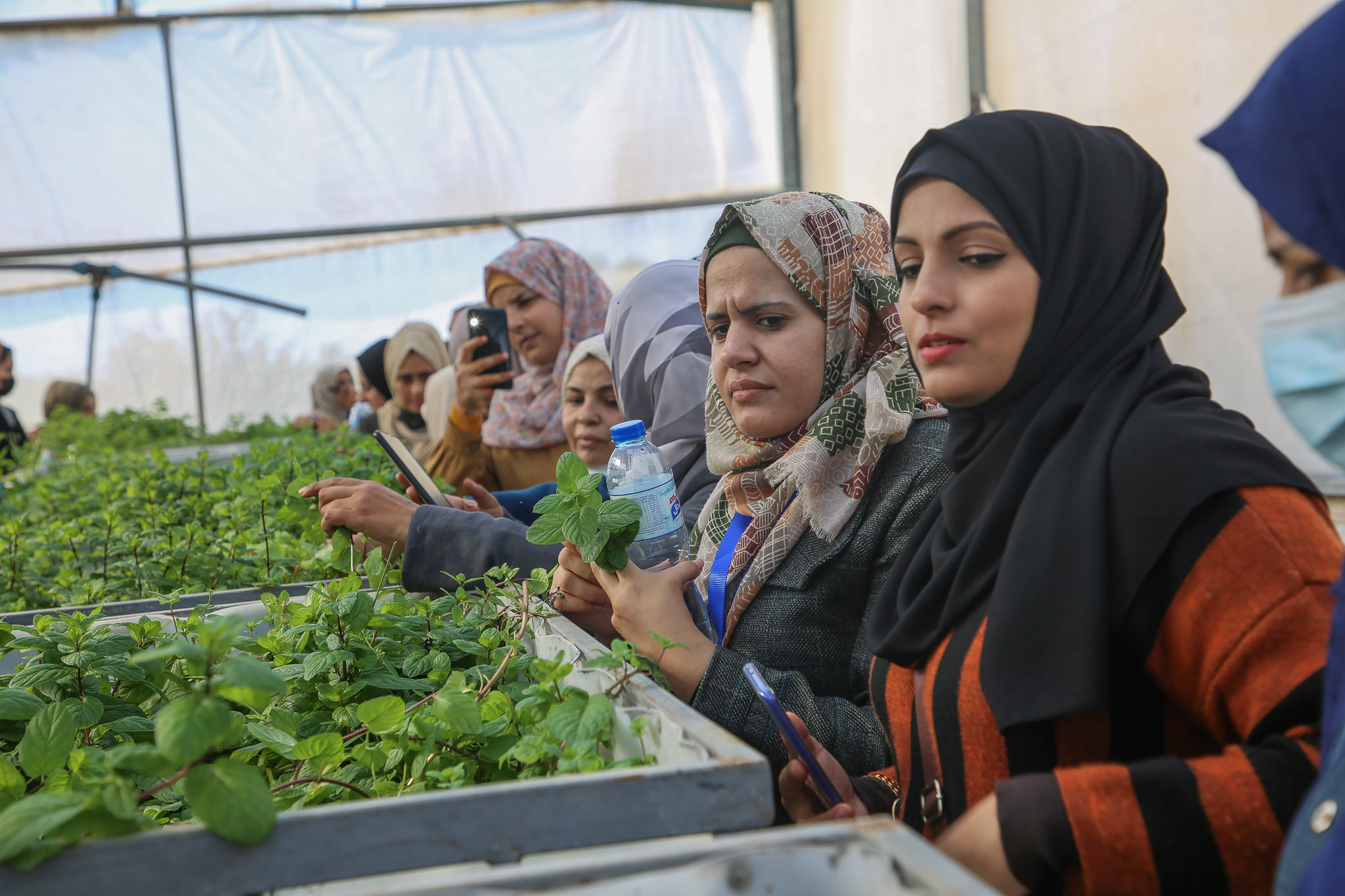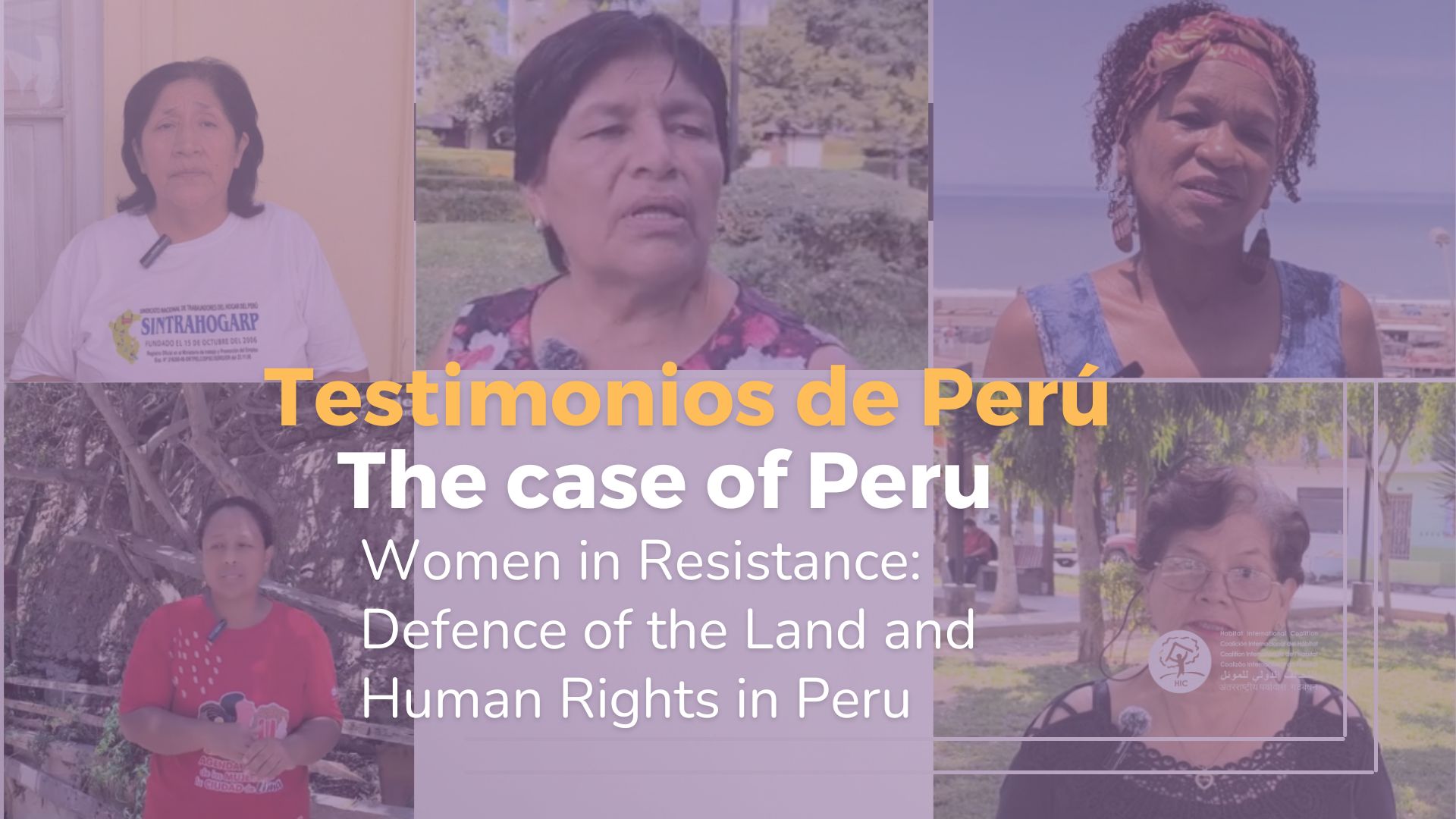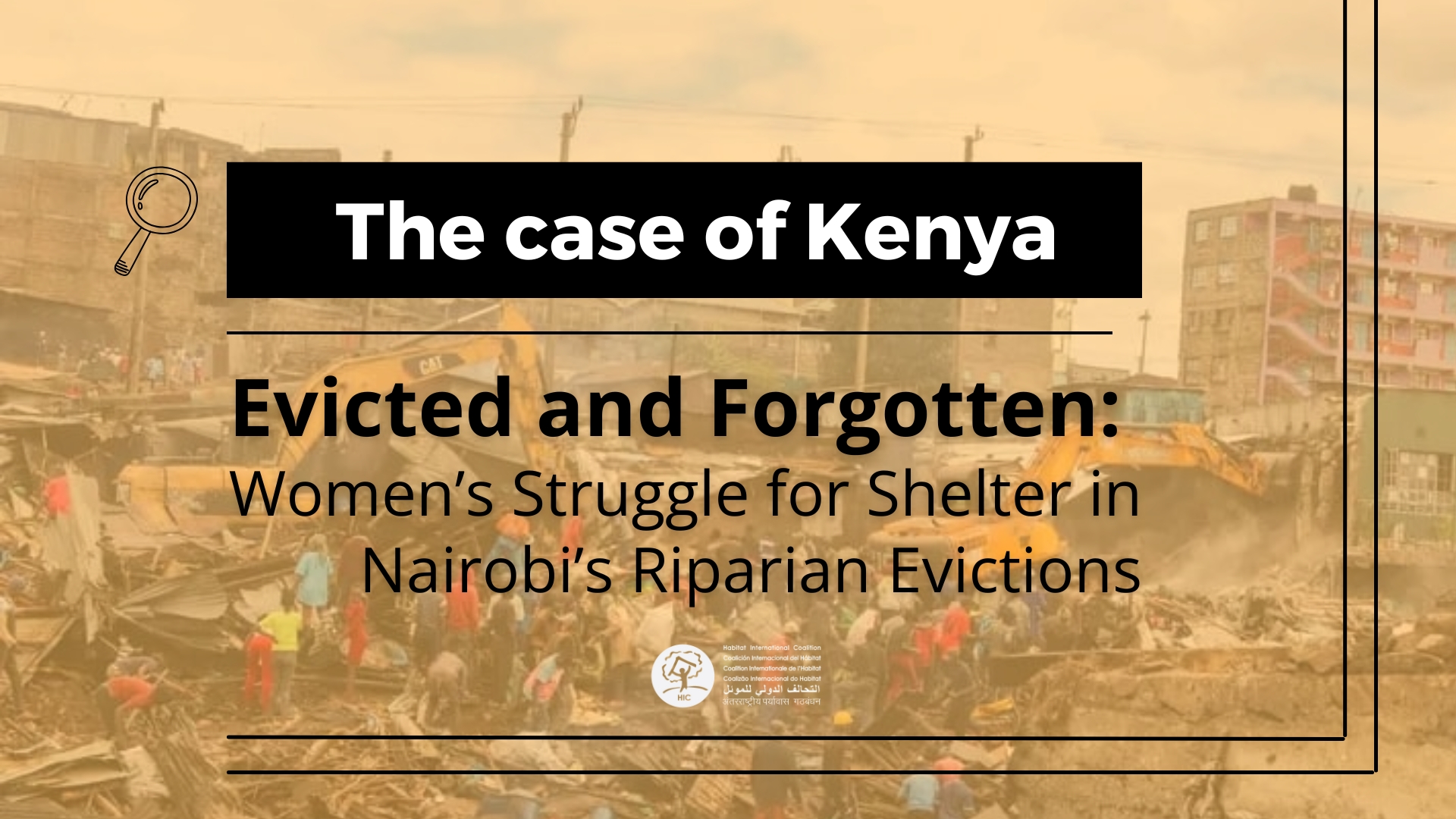First came the devastating disaster of floods that washed away people’s homes leading to displacements and destruction of property, then came the bulldozers that swept away what was left.
Around late March, throughout April 2024 and into early May, Kenya experienced above-average rainfall that resulted in flooding and landslides. The flooding wreaked havoc in Kenya, causing death and destruction. It’s been reported that at least 270 people were left dead and more than 200,000 people displaced. In Nairobi, many of those who have been worst affected by the flooding live in informal settlements, such as Nairobi’s Mathare, Marigoini and Mukuru settlements. This is despite the floods also affecting high income neighbourhoods.
On May 2nd, the government of Kenya through the Ministry of Interior and as part of its emergency response released a public security (vacation or mandatory evacuation) order. The intent of the order was that all members of the public residing within high risk fragile eco system to vacate within 24hrs failure to which they would be subject to mandatory evacuation. Subsequently, on May 3rd, the President of Kenya in his remarks on the disaster, mentioned that relocation notices had been issued to all persons living in unplanned settlements within riparian reserves along rivers, streams and other water courses, he further directed the Ministry of Interior to coordinate the relocation and evacuation of the affected members of the public, identify sites for temporary shelter for displaced persons and supervise the overall support program. Despite these remarks, mandatory evacuations of persons living along riparian land and obviously only from the informal settlements was executed with no alternative accommodation which led to persons affected to seek refuge in schools, churches and community resource centres owned by different organizations. i.e., in Mathare the “Mashimoni Resource Centre” housed some of the victims. The evacuations were executed in inhumane conditions that led to further suffering of the people who were already dealing with the impacts of the floods that were still on and in some instances, there were unreported deaths i.e., in Mathare settlement. An eviction victim narrates how the evictions worsened their situations, from not just dealing the with impacts of the floods, but also dealing with homelessness, desperation and loss of livelihood and income. This they say could have been avoided if proper public participation was done, and if government had reacted to the initial warnings by the metrological departments of expected heavy rainfall and further if government had worked to fulfill its mandate on right to adequate housing.
Sign Pamoja Trust’s petition to demand the government to stop evictions and fulfil its obligations to guarantee the human right to housing


It is evident, that the evictions have also been executed selectively despite the order of all homes along the nation’s waterways to be affected. This has left persons living in informal settlements bitter with the government for discrimination against the urban poor and for failed promises on adequate housing. This has led to the people living in this settlement in solidarity with organizations working in these communities to raise up and call government to action; that by signing and ratifying human rights conventions, The government must commit to avoiding any actions that would violate or lead to a violation of human rights. To remedy the violations; the communities demand for the following;
- A presidential directive for responsible institutions involved in the Restoration of the Nairobi Rivers to undertake adequate public participation on the proposed project. This is with the understating that, floods could have been used as an opportunity to evict communities and initiate the project.
- Government to provide pragmatic approach and solutions for a long-term plan for relocation and resettlement of the affected persons and the people living in “unplanned areas” including how the affordable Housing project including the Kenya Slum Upgrading Project (KENSUP) will benefit the persons affected by the evacuations. This is based on the knowledge that some of the communities evicted from their homes were to benefit from the ongoing projects.
The Constitution of Kenya provides that every person is equal before the law and has the right to equal protection and equal benefit of the law, therefore if the rivers are to be preserved and restored which the communities do not protest, the equal treatment of the persons living in informal settlements and those living in high income areas should be observed. The government should act and fulfill its human rights obligations to protect, respect and fulfill human rights by swiftly moving to mitigate the devastating impacts of the floods and protect life and property.


